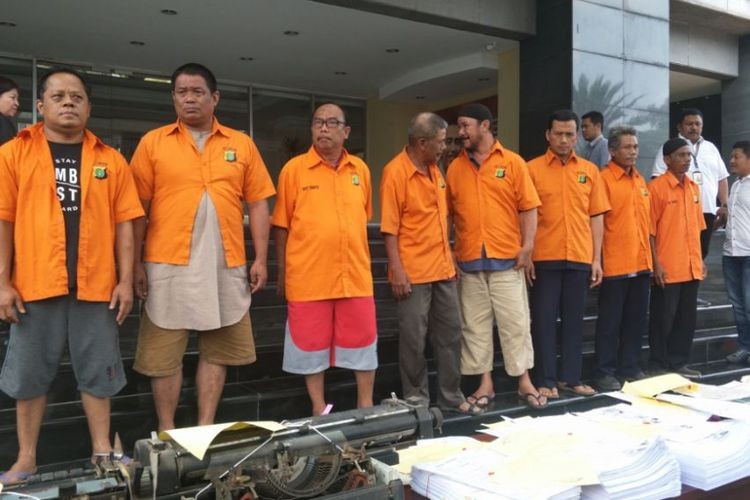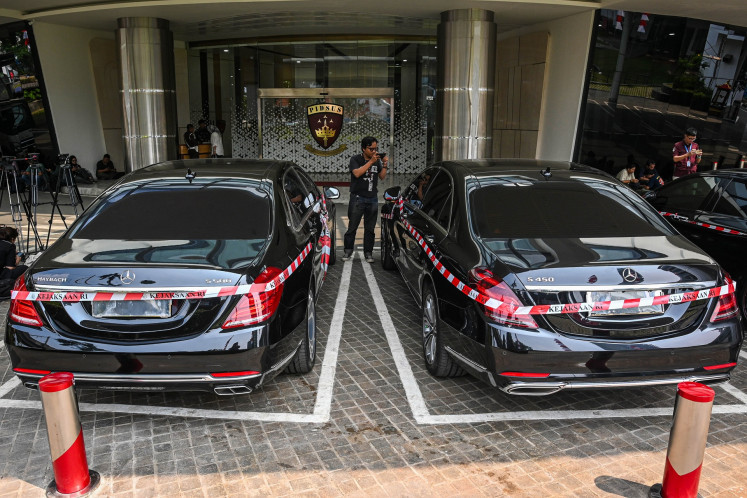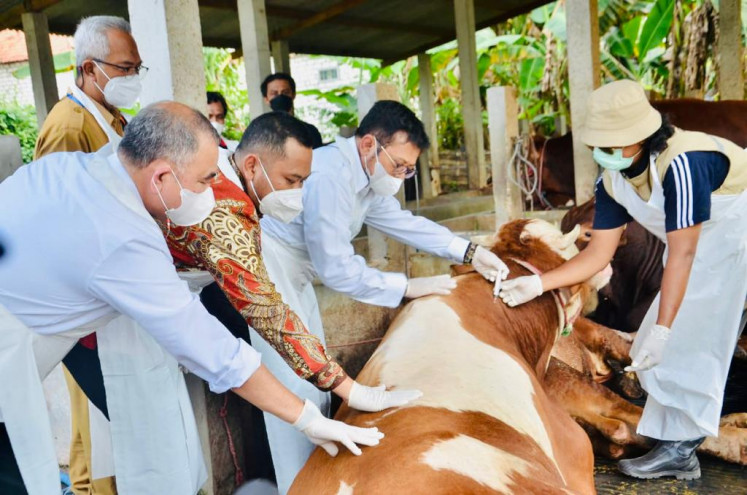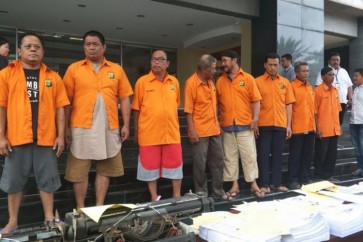Popular Reads
Top Results
Can't find what you're looking for?
View all search resultsPopular Reads
Top Results
Can't find what you're looking for?
View all search resultsDemocracy in villages ‘set back’ by election scheme, experts say
Experts warn of the dangers of a state plan to revamp elections at the lowest level of government.
Change text size
Gift Premium Articles
to Anyone
A
plan to modify the mechanism for village head elections is currently in the pipeline, in a move that some experts say could jeopardize the democratic process in rural areas.
The proposed scheme aims to modify the number of times an election needs to take place for a village head to max out on the possibility to lead for a total of 18 years, from once every six years – amounting to three elections – to once every nine years, amounting to only two elections. If approved, this plan will effectively lengthen the term of office held by village heads and reduce the frequency of elections held in rural areas.
Village, Disadvantaged Regions and Transmigration Minister Abdul Halim Iskandar, who endorsed the idea, explained that it had grown from having discussions with numerous village heads who had expressed their desire to lead longer. He elaborated that the Home Ministry had also contributed to dialogues on the issue.
Combined with the fact that village head elections can sometimes result in social unrest and segregation, the two ministries considered this alternative mechanism an “interesting idea” worth looking into. After all, it will not change the maximum terms of office that can be occupied by a village head, Abdul told The Jakarta Post in an exclusive interview recently.
“There is a dynamic within [rural] societies, specifically how village head elections can bring about negative impacts,” said Abdul. “I have talked to some village heads and observed their aspirations. Many of them actually wanted [an office term of] 10 years, with which I disagreed. You have to compromise as a politician, do you not?”
And for efficiency’s sake, the scheme also specified that if a village head is unable to complete the duration of their office, then a new head will be appointed not through an election but rather by a decision made by the village people’s representatives, once again minimizing any need for an election.
“In some villages, there are, say, 600 people eligible to vote, which are represented by 150 people. That is very efficient because the 150 representatives were previously approved by the people to speak on their behalf,” the minister said.



















